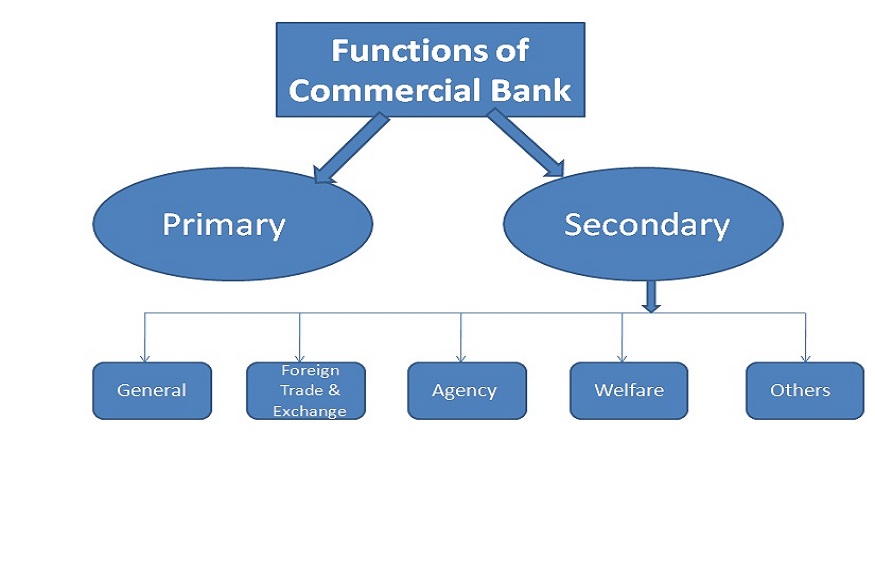Sales reps working in the industry know the company’s products like the back of their hands. Their activities revolve around three functions: sales, pre-sales and management.
Commercial in industry
Commercial practice combines with good technical expertise.
The actors of the commercial function exercise around three functions:
Businesses and individuals sell goods and/or services to other individuals or professionals, in return for money.
Increasingly, sales and commercial negotiation are invested with a vital mission for the very survival of companies: that of building lasting, long-term relationships with customers, i.e. relationships of mutually beneficial business.
Historically, selling involves contact between a seller and a buyer. “The seller is constantly confronted with a risk, that of not succeeding in concluding the negotiation. His job is empowering and interesting because it leads him to enrich himself through contact with the market. The expressed satisfaction of a customer provides real joy, perhaps even greater than that of being involved in the launch of a new product” analyzes Jean-Marie Metzler. But paradoxically, while we insist on the importance of the personalization of the relationship, direct selling is developing more and more, and with it an increasingly direct contact between the buyer and the good or the service. , limiting human intervention.
Professions: technical-commercial ,technical-sales engineer, key account sales engineer, account manager, export area manager
The technical-salesperson in a nutshell

This is a professional who deals with the technical departments, the purchasing department or management. He provides and negotiates technical and commercial solutions: he ensures the follow-up and development of the clientele.
With an industrial culture, the technical sales representative has received comprehensive training in his field of expertise.
He is specialized in a specific sector, and knows his product as if he had.
The consulting aspect is essential in the work of these salespeople. Indeed, the strong competition makes the interlocutors more and more demanding. This is why the technical-commercial engineer and, to a lesser degree, the commercial attaché and the technical-commercial agent, must have dual skills, technical and commercial.
A difference between the “commercial”, the “technical-commercial” and the ” technical-commercial engineer ” ?
The trades are almost identical.
The salesperson finds product advantages that he promotes to customers, in order to convince them to buy.
The technical sales representative has a technical knowledge of the product, a skill which allows him to explain to customers how it works (acquired thanks to the studies he has followed). In addition to promoting the product, he has the ability to determine exactly, according to the needs, as well as explain in depth the technical advantages of using it.
A sales engineer has a technical vision allowing him to know his product very precisely, as well as his market, his consumers, etc. He knows the product like the back of his hand: from design to finished product. He is able to explain how it works. He has a more or less direct relationship with the various departments of his company or the group (design office, marketing, after-sales service, production, etc.).
Pre-sales cells have established themselves in industry, mainly in the context of complex products, generally in a high-tech / high-tech universe: IT, telecommunications, etc. Their mission: to provide technical support to the sales engineers, to help them define the contract (configuration/configuration of the solution best suited to the customer’s needs, etc.).
With regard to commercial activity, the pre-sales engineers will, for example, provide a very professional response to the customer within shorter deadlines, thanks to cutting-edge technical expertise. A responsiveness that will lead to a reduction in the duration of the sales cycle and a higher conversion rate. Two cumulative factors which have the indirect effect of boosting turnover.
He supports a sales engineer in the development of his proposal during the negotiation of a contract.
He must analyze the customer’s needs and then design the most suitable technical solution in close collaboration with the technical services.
He assists the sales engineer during the different phases of the negotiation.
He can supervise the start of the realization of the project, follow the development until its term.
The intervention of a technical unit increases customer satisfaction. They have the technical skills, they advise and help the customer. On a daily basis, your sales representatives will also benefit from the positive effects of the presence of a pre-sales unit.
Freed from the technical development of offers, they will be able to focus more on prospecting or development operations for acquired customers. The professions of pre-sales engineers and sales engineers complement each other, without competing with each other.
In general, the sellers keep the scoop from the first contact with the customers and remain their referent.
The sales representatives take care of the prospecting part and the first visit to the customer. As for the pre-sales engineers, they only intervene from the second meeting, always accompanied by the sales staff. The intervention of these experts extends after the signature of the contract since they can take care of the installation of the tool at the customer’s site.
The profession of pre-sales engineer relies above all on solid technical expertise. These pre-sales specialists are generally experienced engineers who know and master the company’s technology. They may specialize in telecommunications, IT or web solutions. The qualities? Their curiosity and their sense of customer service.
Trades: pre-sales engineer, sales administration manager
– The pre-sales engineer in a few words: he is responsible for providing technical support to sales engineers to help them during contract negotiations. Its activity depends on the degree of complexity of the project handled, both in relation to its size and its technical complexity. Thus, a pre-sales engineer can be rather generalist on a sector of activity, with an ability to adapt to different demands. He can also be extremely specialized on specialized subjects,
